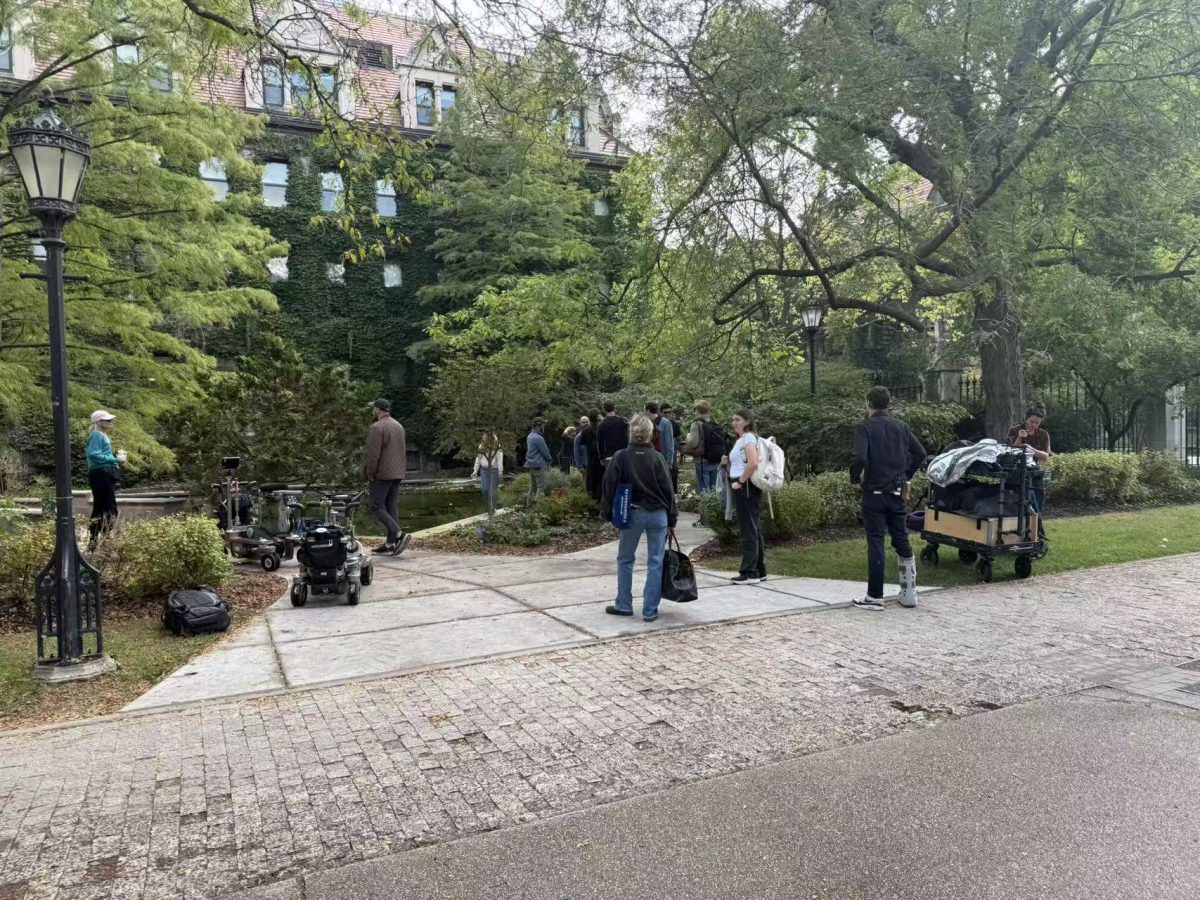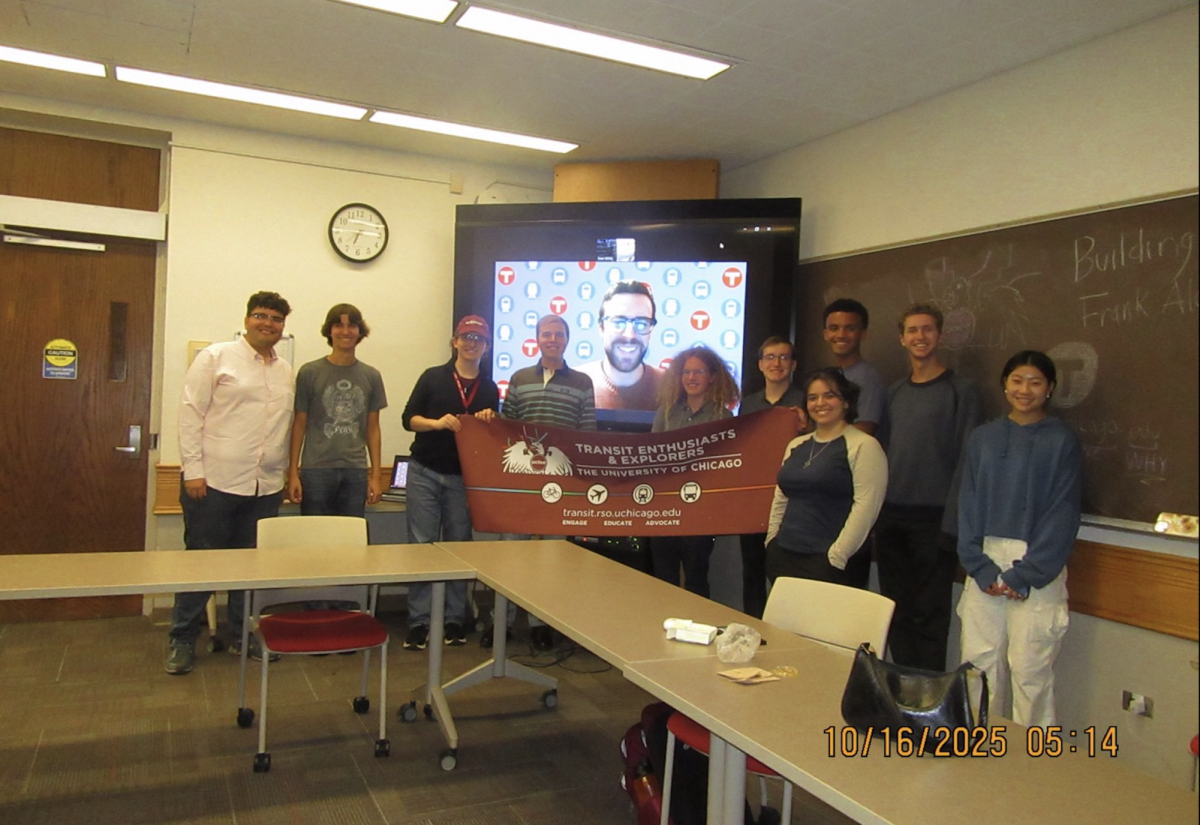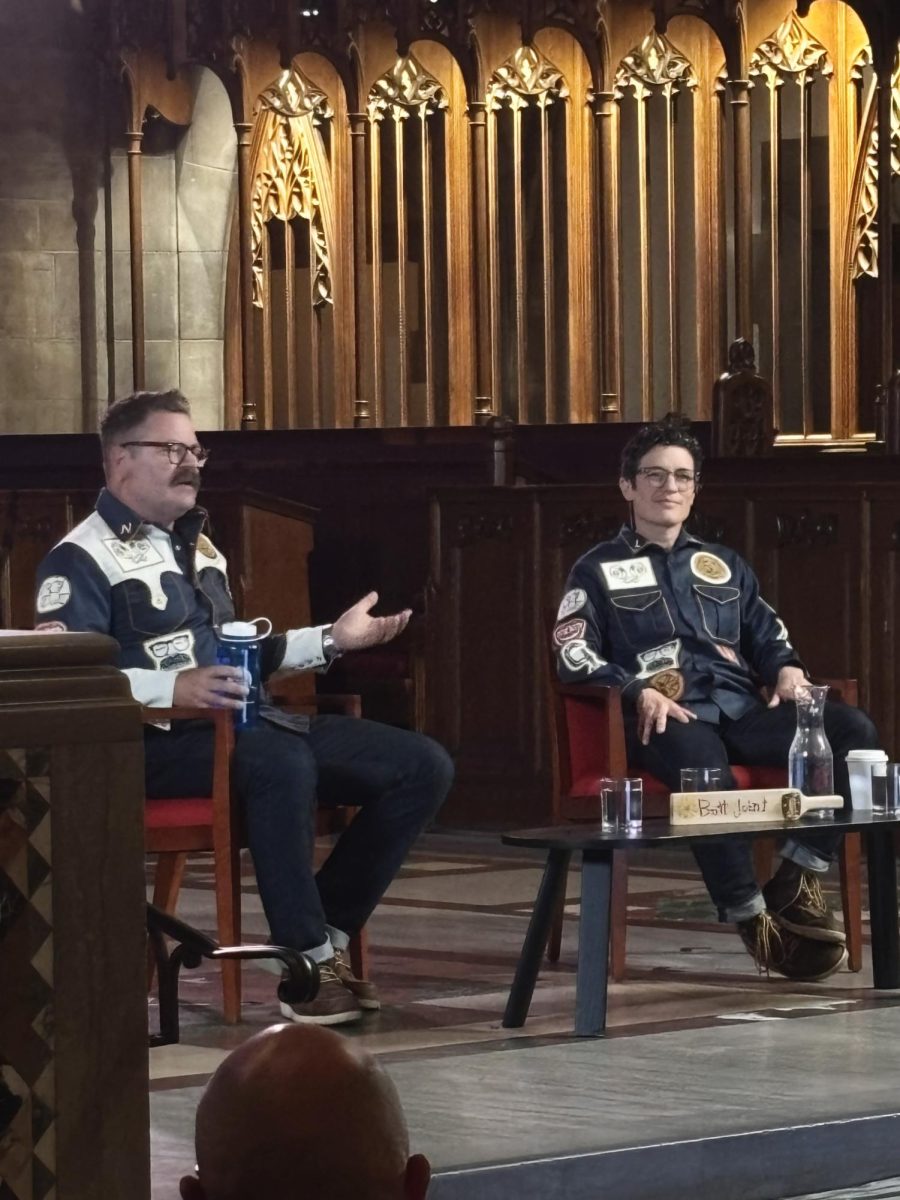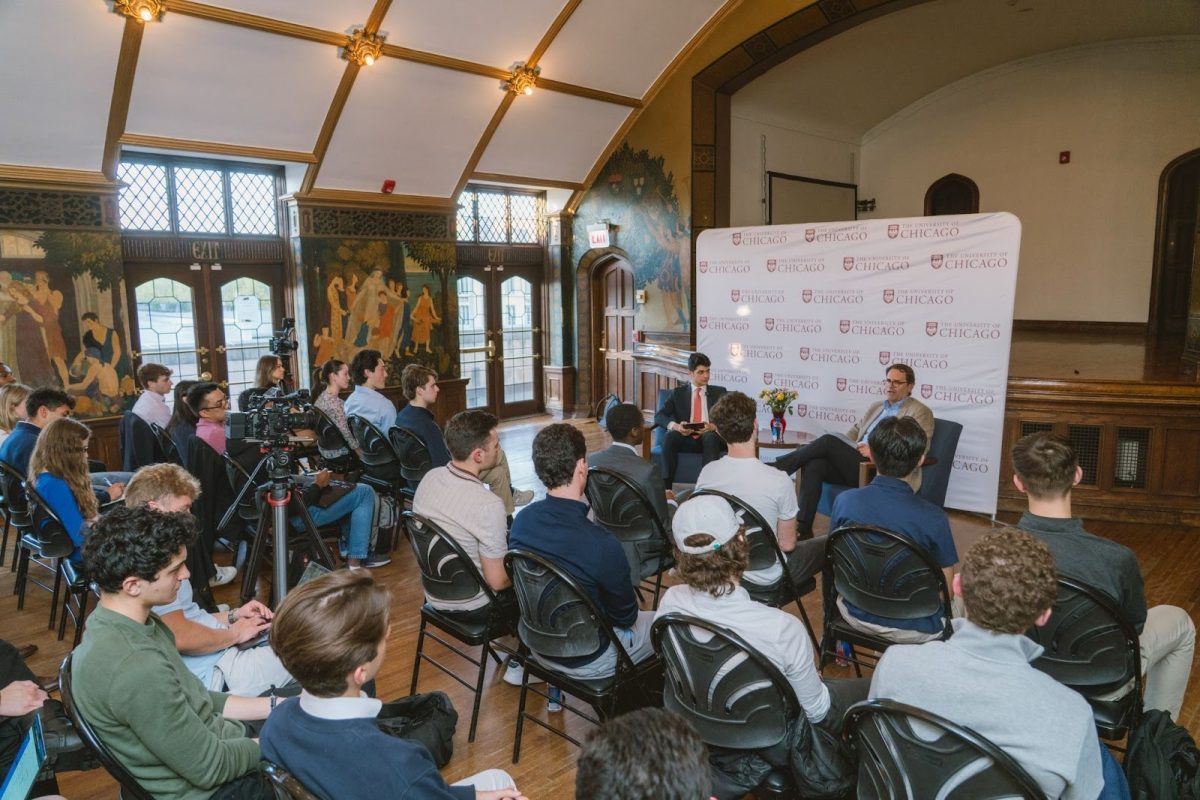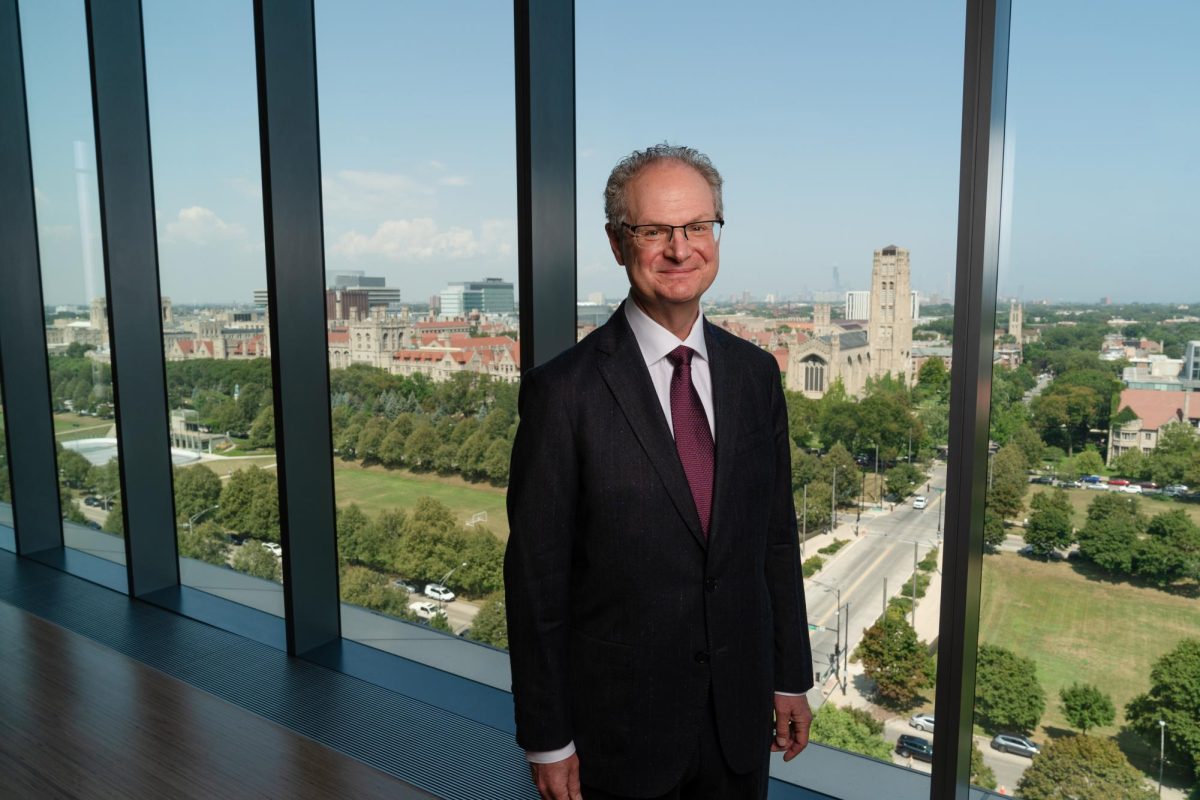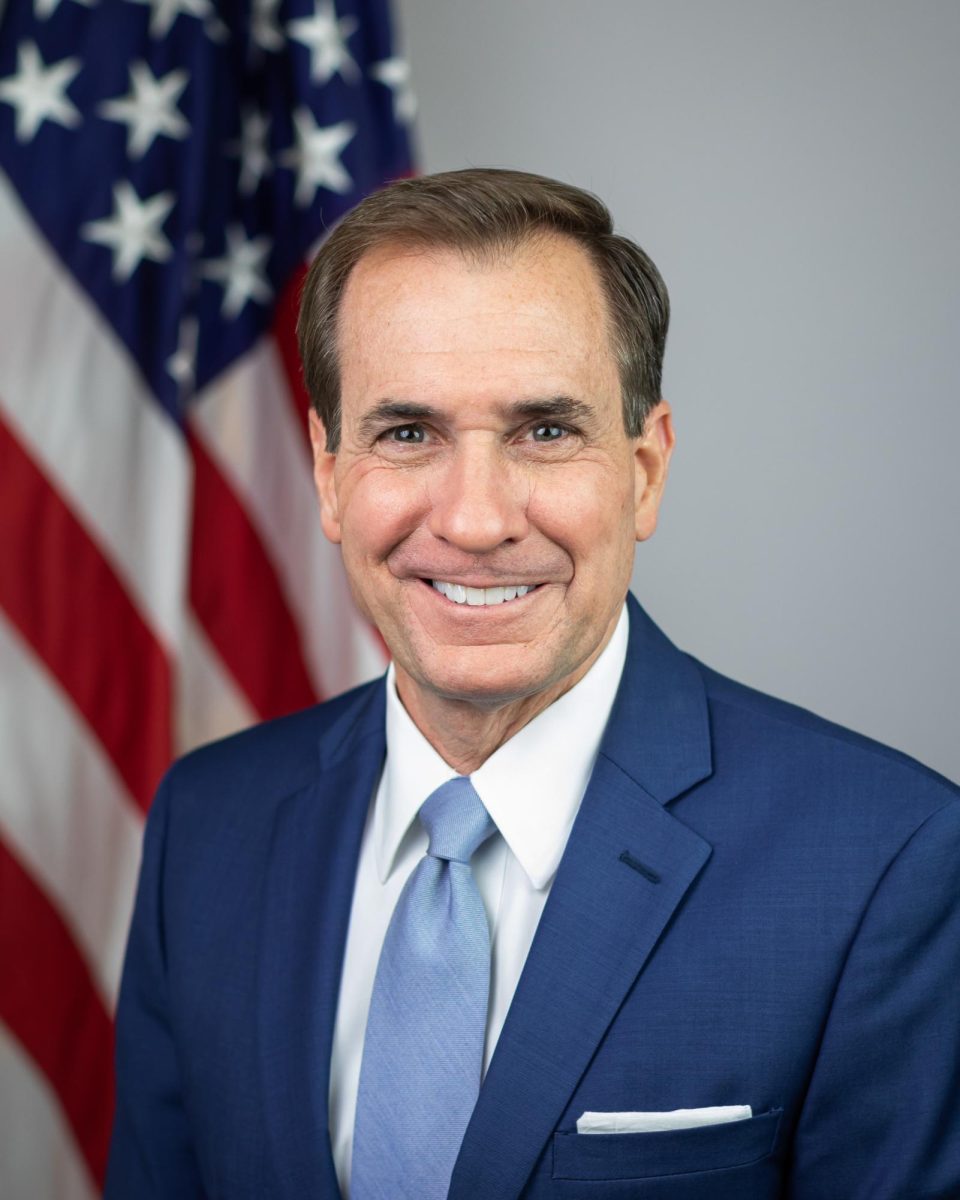Legal and moral problems with the criminal justice system will be the focus of “Doing Justice to Mercy: Contemporary Problems and Prospects in Criminal Justice,” beginning today at the University’s Divinity School. The conference will bring legal and theological experts together to investigate “what intellectual resources can be marshalled to rethink criminal justice,” organizers said.
Organizers of the conference were motivated by rising prison populations, longer sentences and widespread capital punishment. The two-day event will “aim to foster a debate on the role of mercy in this [the criminal justice] system,” organizers said.
The conference, sponsored by the Martin E. Marty Center and the Law School, will be held in Swift Hall. It begins at 9:00 a.m. and runs until 4:30 p.m., resuming Saturday at 9:00 a.m. and concluding at 3 p.m..
Participants are legal scholars, theologians, and members of government, including David Scheffer, an ambassador at large in the Clinton administration; U of C theologian William Schweiker; and Law School faculty member and former Cook County Public Defender Randolph Stone. Topics of discussion will range from the legal, such as “Balancing Legal Justice and Mercy,” to the theological, such as “Thinking the Death of Jesus as Execution.”
According to Department of Justice statistics, there were 6.5 million Americans under some form of correctional supervision in 2000, an almost five-fold increase since 1980.
Andy Coghlan
U.S News and World Report has just released its rankings of the top graduate and professional schools in the country, and the University’s rankings remain strong.
Both the Law school and the Graduate School of Business (GSB) ranked 6th in the country. Among schools of medicine, Chicago ranked 19th.
While the Law School retained the same ranking as last year, the GSB rose this year from 9th place. The Medical school dropped two spots in this year’s rankings from 17th to 19th.
Stanford University’s business program maintained its number one ranking from last year. Yale Law School and Harvard Medical School also stayed at number one. Northwestern University’s business school outranked the GSB by one place with a ranking of 5th. However, Northwestern’s law and medical schools fell behind Chicago’s at 11th and 22nd respectively.
The yearly rankings in U.S. News are based on expert opinion about program quality and statistical indicators that describe the strength of a school’s faculty, its research, and the performance of students both as they enter and leave. Each school’s performance is presented relative to other similar schools.
According to U.S. News, in business, the immediate impact of students’ education can be gauged by the salaries they command after they graduate and by the length of time it takes them to find jobs-numbers that are collected by business school job placement offices. In law, the magazine looks at how long it takes graduates to land jobs, as well as bar passage rates, to rank programs.
The rankings are published in the April 15 issue of U.S. News and World Report.
Katherine Anne Robinson



